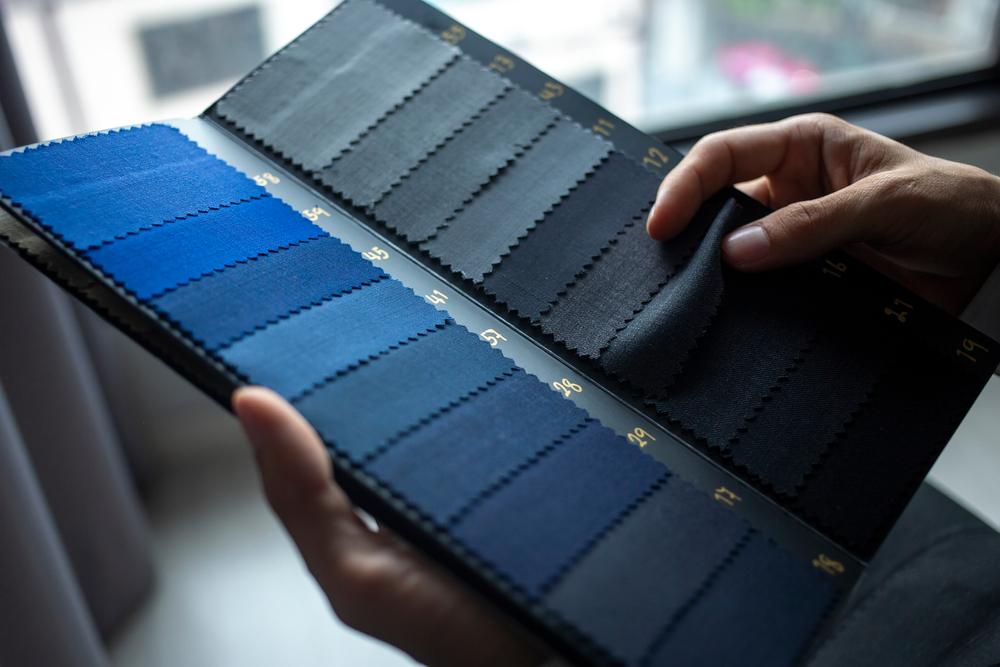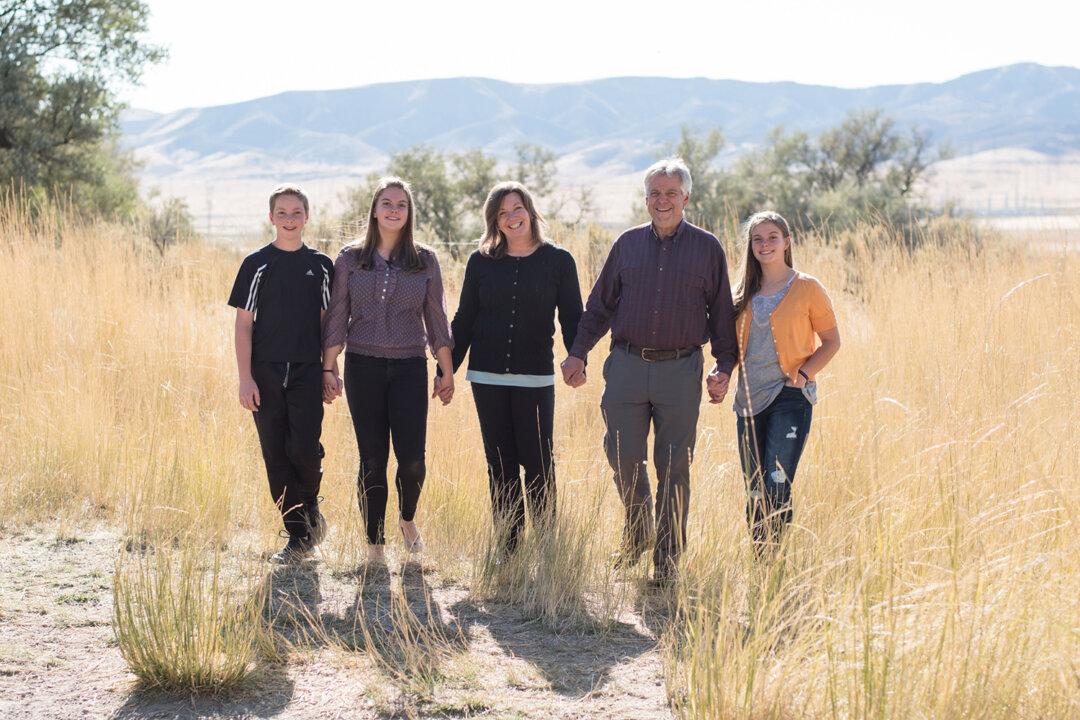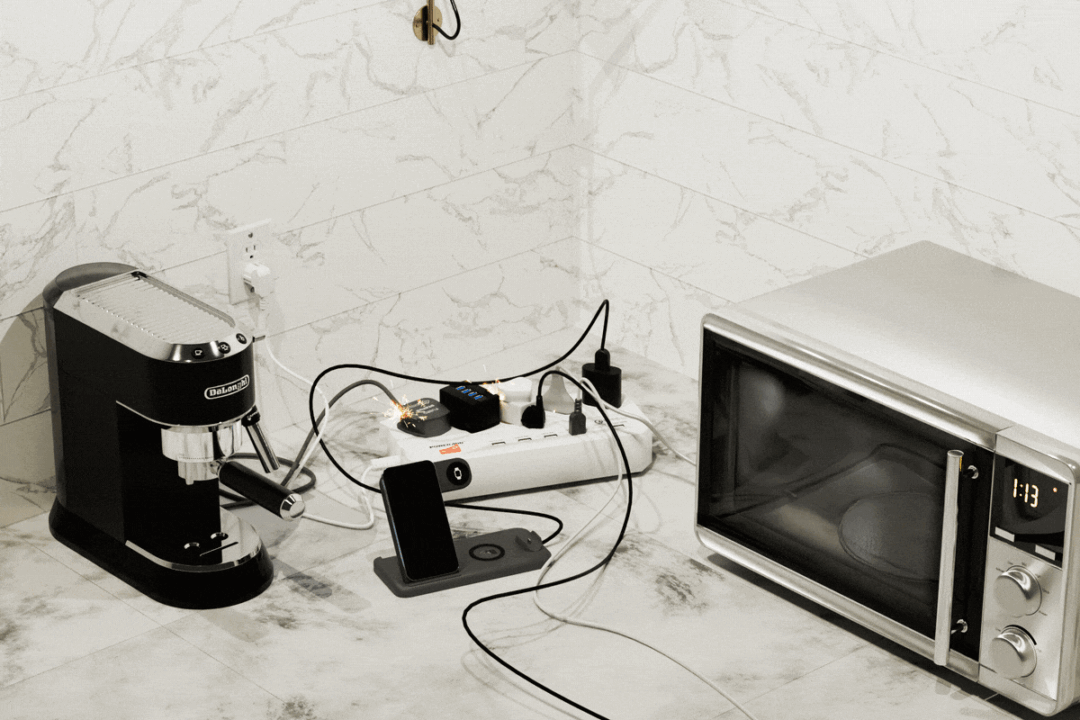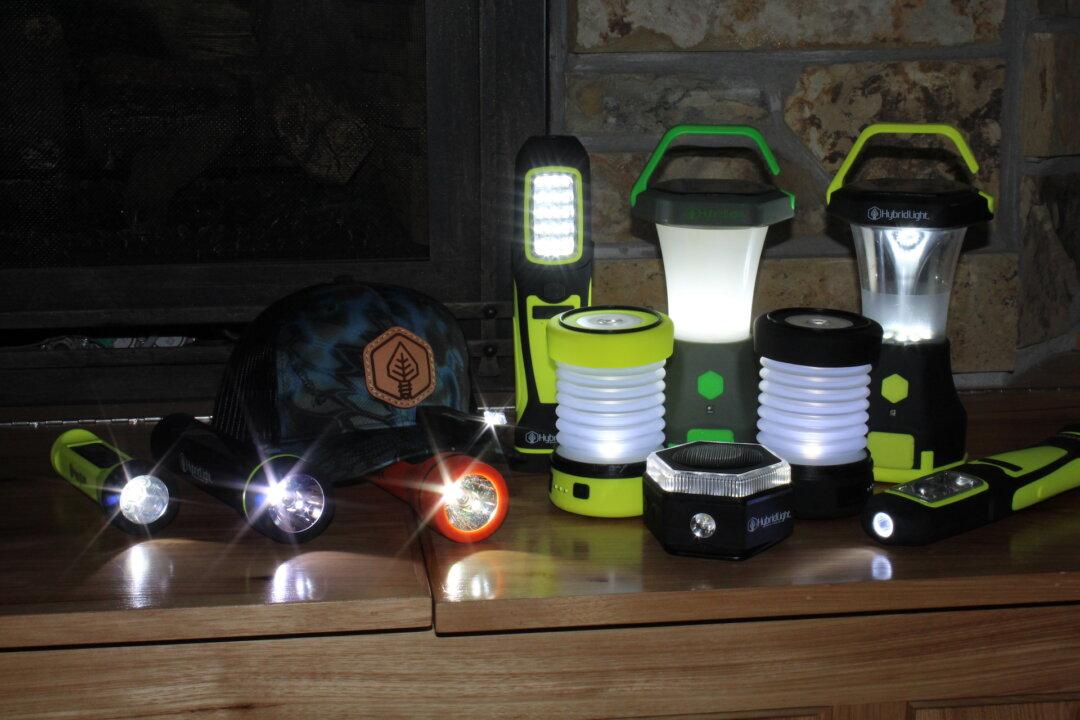Proper-fitting clothing and shoes are imperative for the well-dressed individual. While many people are able to buy clothes off the rack that fit very well, others may have to enlist the services of a trusted tailor for alterations. Bespoke and made-to-order are additional options. When discussing bespoke or made-to-order, the topic is often a suit or jacket, but the focus here will be on the foundations of any wardrobe: shoes and shirts.
The terms “bespoke” and “custom, made-to-order,” have very different meanings. Bespoke items require extensive in-person measurements with customer input regarding the materials to be used, style, color, preferred fit, and all other aspects of the finished footwear or garment. That’s followed by hours of effort by skilled artisans to transform the customer’s desires into reality.






